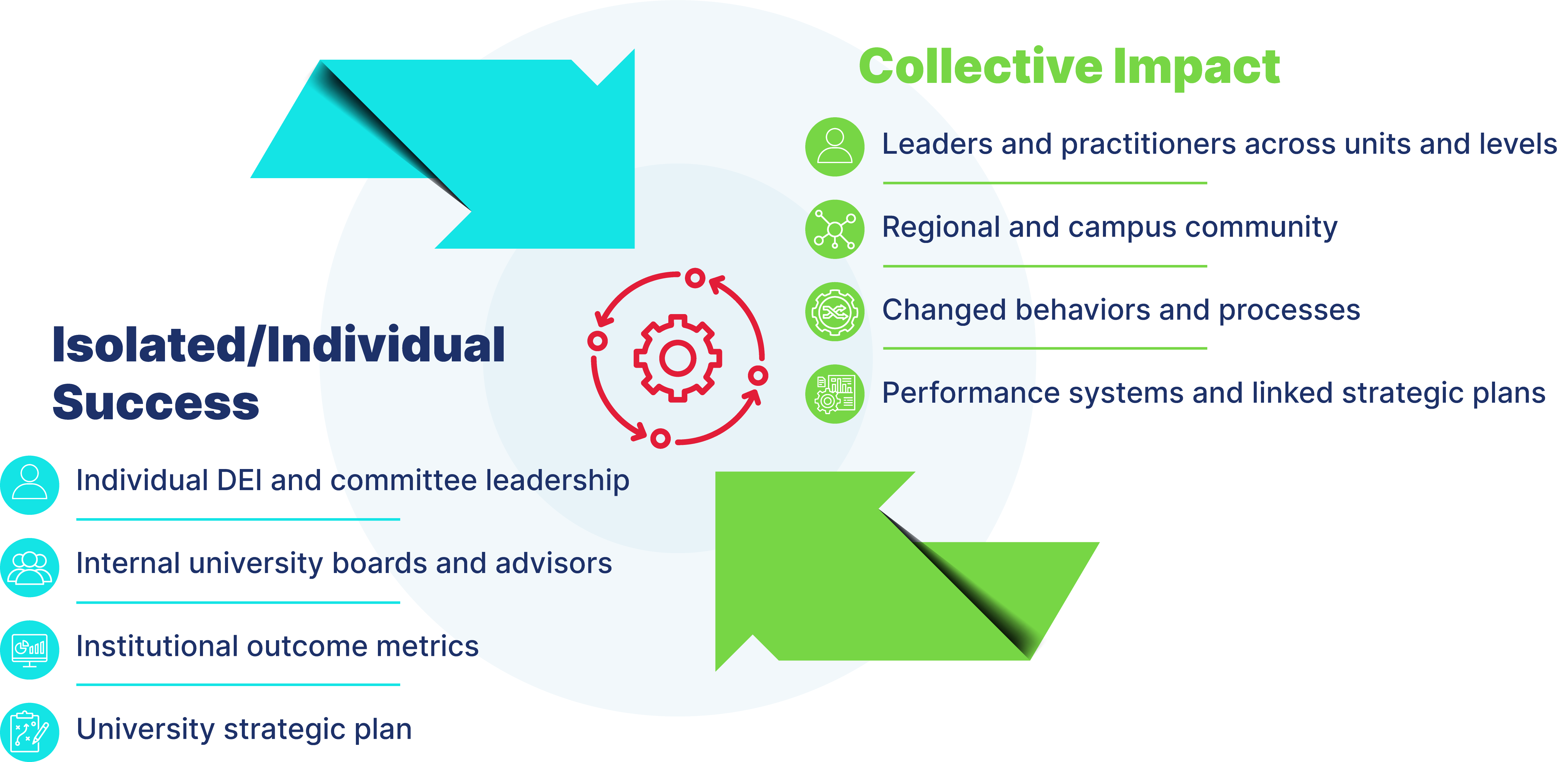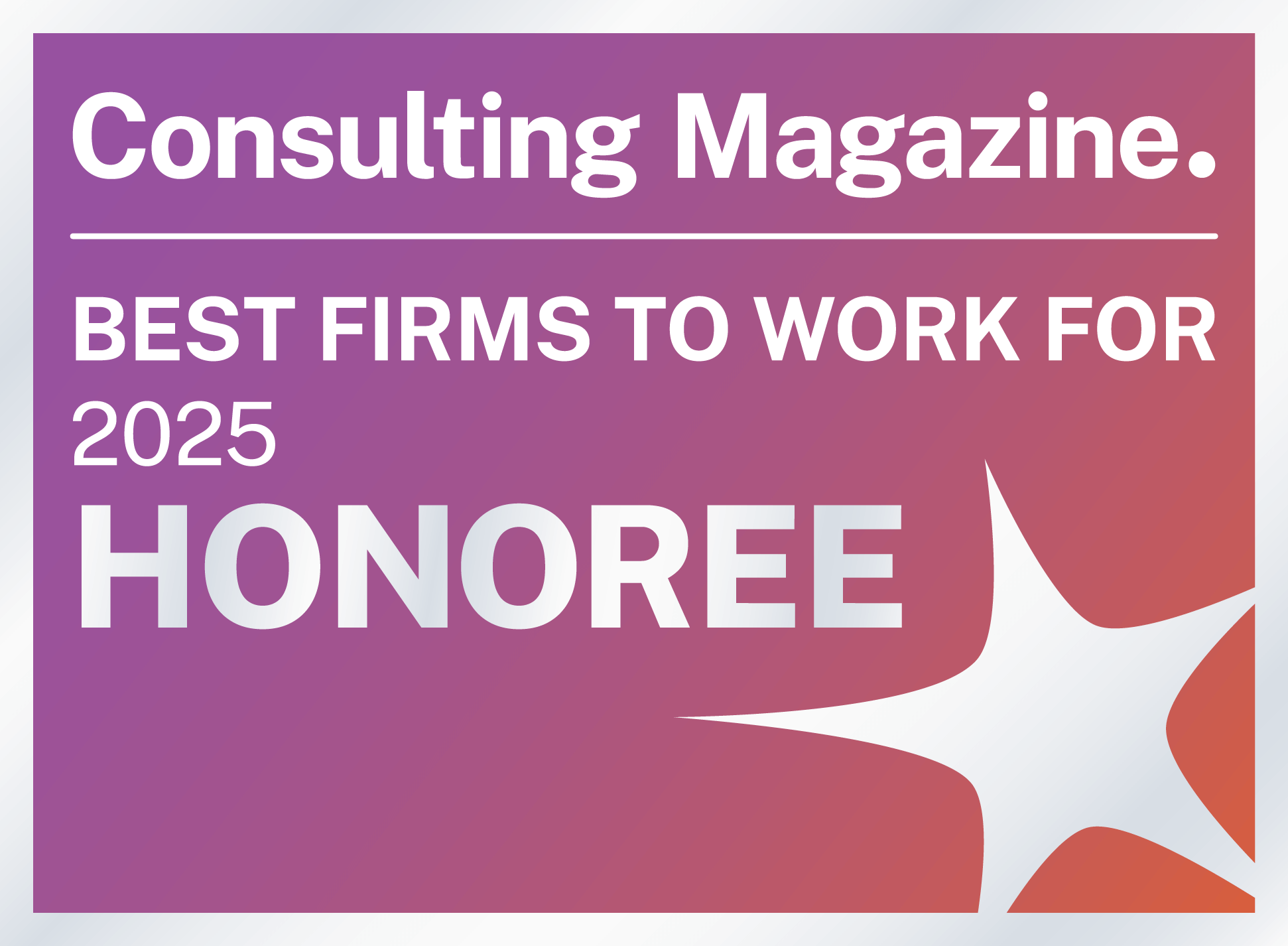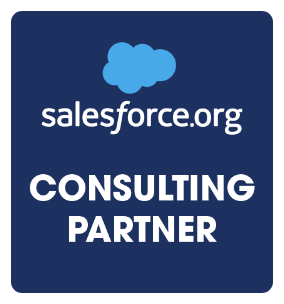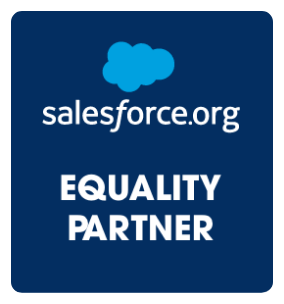
In light of today’s changing world and an increasing effort to strive for equity and justice, many organizations have committed to creating a more inclusive environment with intentional and meaningful pathways forward for diverse groups. A key component to achieving such a commitment is through shared equity leadership.
Traditionally, leadership is often thought of as the sole responsibility and decision authority for a group of individuals, a department, or a group of units. Shared equity leadership (SEL) is a model that emphasizes cultural change through interconnected collaboration and diverse individual journeys. Moving from traditional leadership towards a shared equity model can help to enable transformative change that can bridge the gaps caused by siloes and historical inequities. SEL allows leadership within an organization to thrive as a collective network, where each person is working together in a variety of ways to achieve common goals.
When we consider institutional commitment to DEI, achievement of that vision and community satisfaction is dependent on how we measure outcomes. Many institutions have put the right investments to work towards these goals, like engaging in thoughtful DEI strategic planning initiatives, hiring Chief Diversity Officer (CDO) positions, and establishing dedicated offices. These actions, however, have not yielded an outcome that truly addresses systemic inequalities and structures inherent in traditional systems and hierarchies. While it is important and beneficial to have a CDO to lead the institution towards its vision for DEI, this type of siloed work in a traditional organizational structure places a heavy burden on a single department that may not be fully able to achieve success with such limited resources and authority. A SEL model enables leaders to engage in a collective process which transfers single accountability to a more shared approach for DEI outcomes across a larger domain. The image below illustrates a SEL model.

To this end, it is just as critical to ensure that DEI is embedded in every role where each individual is able to learn and apply equity concepts and practices in their work and function. Shared leadership brings additional benefits to an institution, including but not limited to:
- Normalcy and a space for a variety of stakeholders to share perspectives and meaningfully participate in the establishment of priorities and outcomes in the strategic planning process.
- Opportunity to draw from an array of individuals and backgrounds to ensure shared values of equity that improve institutional decision-making.
With increased diversity, equity, and inclusion at an institution comes increased opportunity, innovation, and a greater range of solutions and productivity. A recent model of leadership, shared equity leadership is new to many organizations, but it has led to successful outcomes. As you reflect on the leadership structure and how it can enable achievement of DEI outcomes, institutions can consider the following questions as a guide:
- From what level of your institution are diversity, equity, and inclusion programs and objectives led?
- What are the key areas of DEI where your institution excels, and where are the largest resource gaps to achieving stated outcomes?
- Where can capacity for SEL best be built in your institution to incentivize structural change and collaborative decision-making?
- In areas where diversity work is currently ongoing, how can your institution increase communication and collaboration for these efforts?
- How is your institution currently evaluating and assessing achievement of stated DEI goals and ensuring the most efficient outcome and usage of resources?
Attain Partners – Strategic Transformation Experts
Attain Partners can help assess where these outcomes can best be met by your organization and the various contextual areas that may impact shared leadership at your organization. To learn more about how Attain Partners can help your organization exceed your DEI goals, contact us here.
About the Authors

Reshma Patel-Jackson is a Partner and Attain Digital Lead at Attain Partners. She is responsible for and involved in a wide range of consulting initiatives, primarily on change management, strategic planning, business process improvement, organizational assessments, project management, and research administration. Mrs. Patel-Jackson is a Prosci® Certified Change Management Practitioner who has extensive knowledge and training in the field. She has provided strategic planning, project management, change management, internal audit, compliance, and costing services for a variety of nonprofit, higher education, government contracting, and commercial clients. She is the creator of the Inclusion, Diversity, Equity, and Allyship (IDEA) Performance Maturity FrameworkTM and the Chair of the Attain Partners corporate IDEA program.
Melany Barrett is a Strategy Director at Attain Partners. With over a decade of experience in Higher Education, she has demonstrated knowledge in business process improvement, project management, organizational assessment, and faculty affairs administration. Prior to Attain Partners, Ms. Barrett supported Higher Education administration and strategic initiatives as a member of an internal consulting team. She is a key contributor to the Inclusion, Diversity, Equity, and Allyship (IDEA) Performance Maturity Framework™, leading DEI assessments for institutions. She is a Prosci® Certified Change Management Practitioner who has extensive knowledge and training in the field and holds an MBA from Georgetown University’s McDonough School of Business.

Kyle Cadieux is a Senior Manager in the Attain Digital practice and an IDEA Board member and founder. Kyle has a demonstrated knowledge in Organizational Change Management, Organizational Design, and Human Capital Management. Prior to Attain Partners, Kyle supported Organizational Transformation work for the Federal Government at various Consultancies. Kyle is a Prosci® Certified Change Management Practitioner and holds an M.A. in Industrial/Organizational Psychology.

Ashley Cedeno is a Consultant in the Strategic Transformation Services practice of Attain Partners. She brings nine years of professional experience, with over six in implementation of programming related to pipeline building, affinity engagement, and retention. She is proficient in data analytics, risk assessment, and strategic planning. Ms. Cedeno has performed various assessments on industry best practices and stakeholder analyses across multiple strategic plan initiatives, including in the DEI space and using the Inclusion, Diversity, Equity, and Allyship (IDEA) Performance Maturity FrameworkTM, of which she is a contributor. She holds an MA in International Affairs from the George Washington University.
Sources
Espinosa, Lorelle L., Jonathan M. Turk, Morgan Taylor, and Hollie M. Chessman. 2019. Race and Ethnicity in Higher Education: A Status Report. Washington, DC: American Council on Education.
Holcombe, Elizabeth, Adrianna Kezar, Jude Paul Matias Dizon, Darsella Vigil, and Natsumi Ueda. Organizing Shared Equity Leadership: Four Approaches to Structuring the Work. Washington, DC. 2022. Pullias Center for Higher Education.
Kezar, Adrianna, Elizabeth Holcombe, Darsella Vigil, and Jude Paul Mathias Dizon. 2021. Shared Equity Leadership: Making Equity Everyone’s Work. Washington, DC: American Council on Education; Los Angeles: University of Southern California, Pullias Center for Higher Education.
Zhu, Jinlong, Zhenyu Liao, Kai Chi Yam, and Russell E. Johnson. 2018. “Shared Leadership: A State‐of‐ the‐Art Review and Future Research Agenda.” Journal of Organizational Behavior 39, no. 7 (September): 834–852.

Be the First to Know
Subscribe to our monthly Pulse newsletter
to be the first to hear about new blog posts













